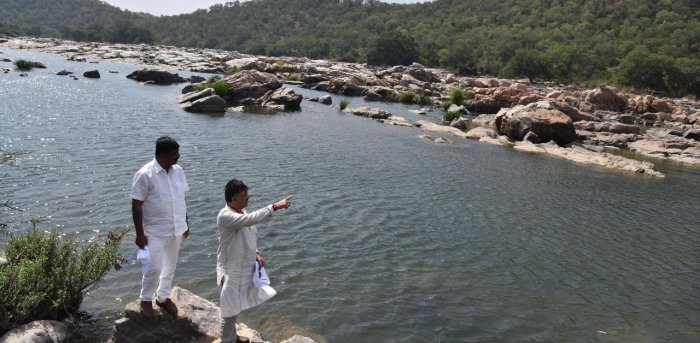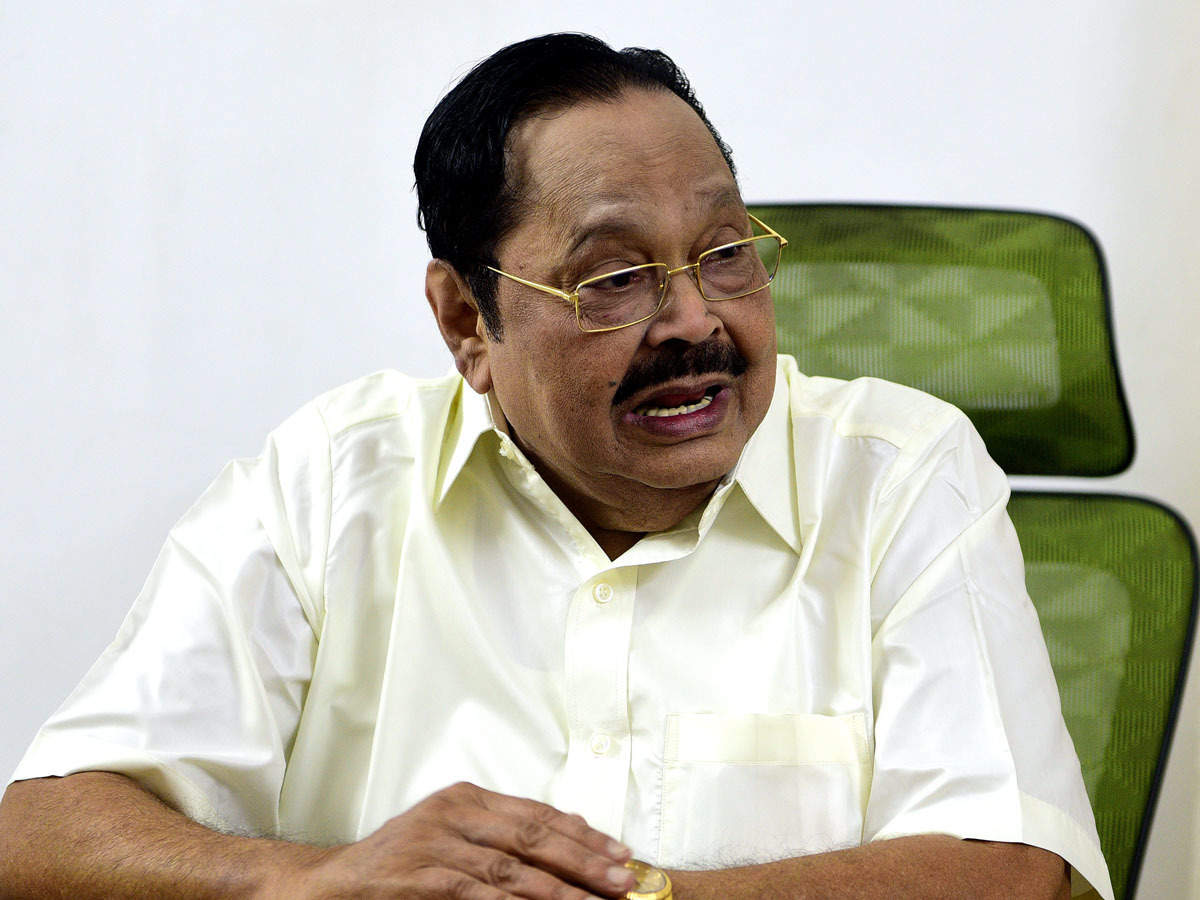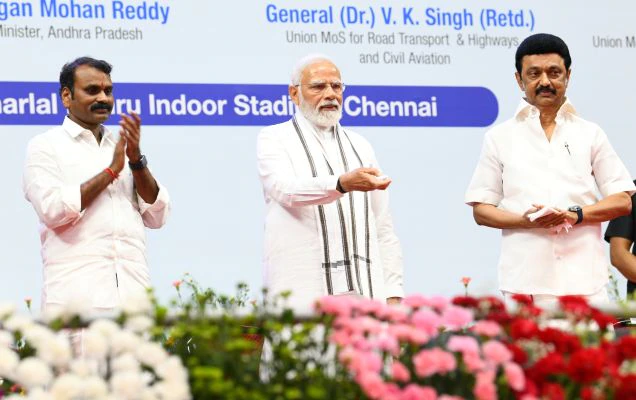
Arun Lakshman/ Chennai (IANS)
The Mullaperiyar dam has been a major thorn in the flesh for neighboruing states of Tamil Nadu and Kerala for the past several years with the Kerala side wanting a new dam while Tamil Nadu insisting that the old dame is safe and sound. The Mullaperiyar dam even though located geographically inside Kerala, the dam is maintained by Tamil Nadu, and the litigation between the two sides regarding the water level and for the construction of a new dam is under consideration of the Supreme Court.
While Mullaperiyar has been a lingering issue for Tamil Nadu for the past few decades, a recent issue in sharing of waters has cropped up with the Karnataka government earmarking an amount of Rs 1000 crore in the 2022-23 budget construction of a dam across Cauvery at Mekedatu in Karnataka.
The Tamil Nadu side became agitated and the state Water resources minister, S. Duraimurugan moved a resolution in the state assembly during the budget session against the Mekedatu dam project of Karnataka and the government allocating Rs 1000 crore in the budget for the construction of the dam. The resolution was adopted unanimously by the state assembly.
Interestingly, Karnataka legislative assembly passed a unanimous resolution on Thursday condemning the Tamil Nadu side for having passed a resolution against the construction of the Mekedatu dam. The Karnataka legislative assembly in the unanimous resolution urged the central government to give immediate clearance to the project.
Cauvery is an emotional issue and can have a serious impact on the 2023 assembly elections of Karnataka.
The Congress party in Karnataka conducted a 170 km long ‘padayatra’ from Mekedatu to Bangalore which had rattled the ruling BJP. The Congress during the entire stretch of the ‘Padayatra’ had accused the central government of the BJP of having supported the Tamil Nadu side in the issue. However the ruling class of Karnataka closed ranks after the unanimous resolution was adopted by the Tamil Nadu assembly and the BJP, Congress and Janata dal(S) leaders objected to the Tamil Nadu assembly’s resolution and said that it was an interference in a project proposed within the geographical limits of Karnataka.
The Karnataka side is of the opinion that the Mekedatu project is to quench the thirst of the population of Bengaluru. 30% of the water supply, in Bengaluru at present, is through borewell water and the political parties of Karnataka are for implementing the project as it will also benefit the population of Ramanagara and Bengaluru rural districts.
However, Tamil Nadu feels that through the project, Karnataka would impound and divert flows of water from catchments towards it thus depriving Tamil Nadu of water.
As per the estimate, around 80 tmc ft of water flows annually to Tamil Nadu, and the state water resources department has categorically stated that Karnataka which is the upper riparian state has adequate infrastructure to address the water needs of Bengaluru and there was no need for Mekedatu project.
Tamil Nadu side is also wary of the assurances given by the Karnataka side as the state had unpleasant experiences with Karnataka in securing its share of Cauvery water as per the monthly schedule of water release.
The state water resources minister of Tamil Nadu and senior leader of DMK, S. Duraimurugan while speaking to IANS said, “ Tamil Nadu will be deprived of water from the Cauvery if Karnataka constructs a dam at Mekedatu and this is not the question of whether the dam is located geographically within Karnataka territory or not, but whether water flow of Cauvery to Tamil Nadu is affected or not which actually is affected. The Karnataka government allocating Rs 1000 crore in the present budget has triggered our response and the Central Water Tribunal and the Union Jalsakthi ministry must act on this blatant violation of agreement by the Karnataka side. There will be massive protests in Tamil Nadu against this project.”
With both Tamil Nadu legislative assembly and Karnataka assembly passing a unanimous resolution in support of the position taken by the respective states, the issue can lead to a major interstate dispute and the Central Water Commission and the Union Jalsakthi ministry will have to take appropriate action to fizzle out the issue snowballing into a major one like the earlier Cauvery confrontations between the neigbhouring states of Tamil Nadu and Karnataka.








